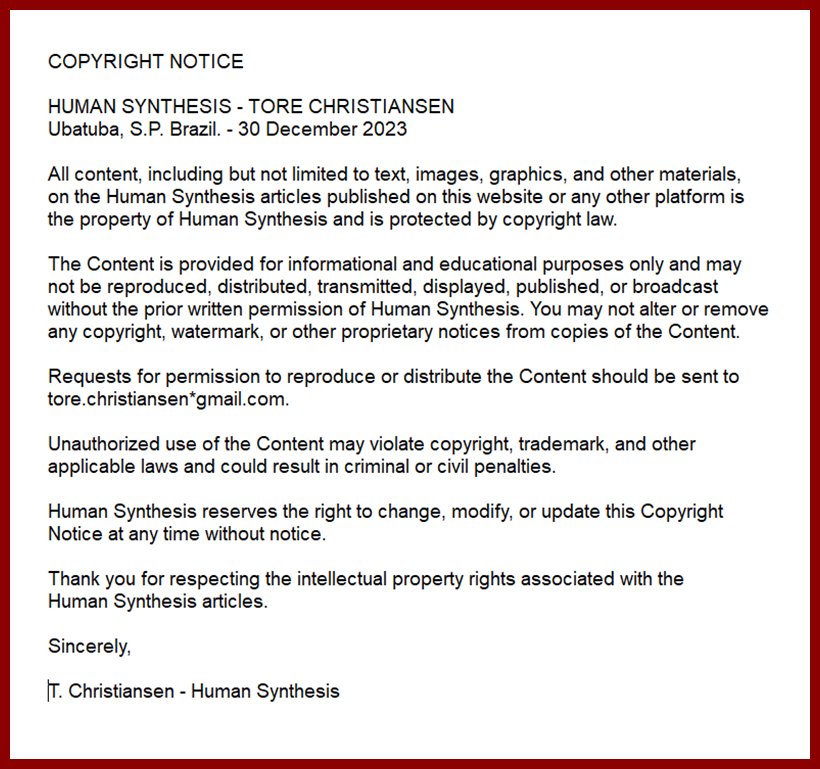Ireland, Spain and Norway to recognise Palestinian state
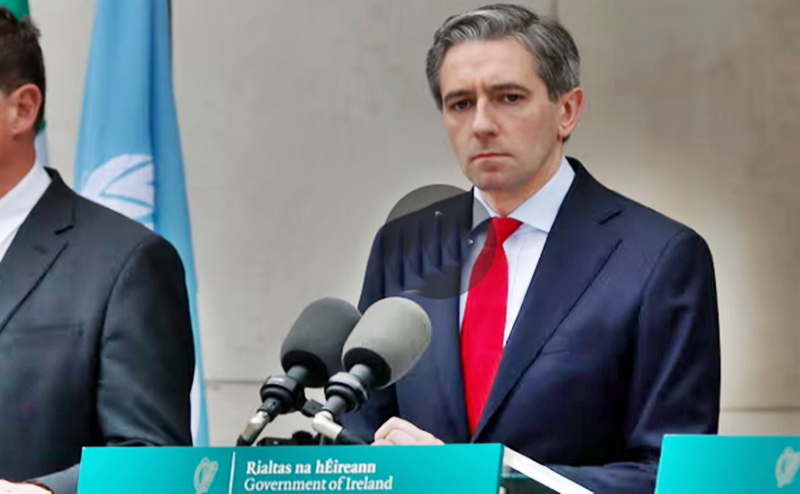
By Guardian - Rory Carroll and Sam Jones - Wed 22 May 2024
Ireland, Spain and Norway have announced they will formally recognise a Palestinian state on 28 May, triggering an immediate response from Israel, which is recalling its ambassadors from Dublin, Madrid and Oslo.
The Irish, Spanish and Norwegian governments made the long-awaited announcements in coordinated moves on Wednesday morning that they said were intended to support a two-state solution and foster peace in the Middle East.
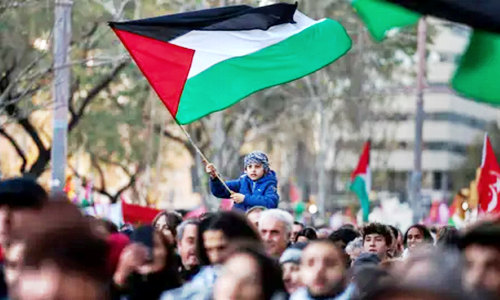
“We are going to recognise Palestine for many reasons and we can sum that up in three words – peace, justice and consistency,” Spain’s prime minister, Pedro Sánchez, told the parliament in Madrid, to applause. “We have to make sure that the two-state solution is respected and there must be mutual guarantees of security.”
Ireland’s taoiseach, Simon Harris, said Palestine had a legitimate right to statehood. “It is a statement of unequivocal support for a two-state solution, the only credible path to peace and security for Israel, for Palestine and for their peoples,” he told a press conference in Dublin. “I’m confident that further countries will join us in taking this important step in the coming weeks.”
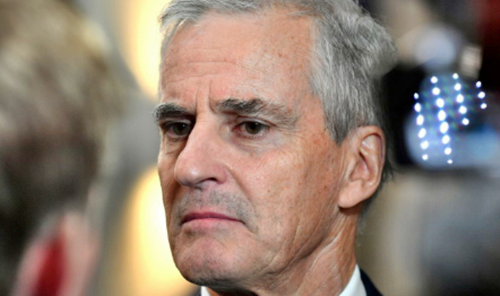
In Oslo, Norway’s prime minister, Jonas Gahr Støre, said there could not be peace in the Middle East without recognition, and that Norway would regard Palestine as an independent state “with all the rights and obligations that entails”.
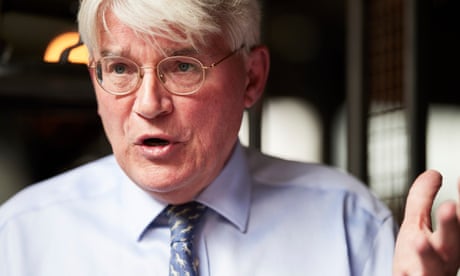
Israel launched a swift diplomatic counteroffensive to try to deter others from recognising Palestine. The foreign minister, Israel Katz, ordered the immediate return of the Israeli ambassadors to the three countries for consultations and warned that further “severe consequences” could follow.
“I am sending a clear message today: Israel will not be complacent against those who undermine its sovereignty and endanger its security,” he said.
Israel’s foreign ministry said it would reprimand the Irish, Spanish and Norwegian ambassadors and show them a video of female hostages being held in captivity by Hamas.
Katz argued recognition would impede efforts to return hostages held in Gaza and made a ceasefire less likely by “rewarding the jihadists of Hamas and Iran”.
The developments came amid a grinding seven-month-old war in Gaza that has prompted global calls for a lasting solution for peace in the region, as well as the pursuit of arrest warrants on war crimes charges by the international criminal court.
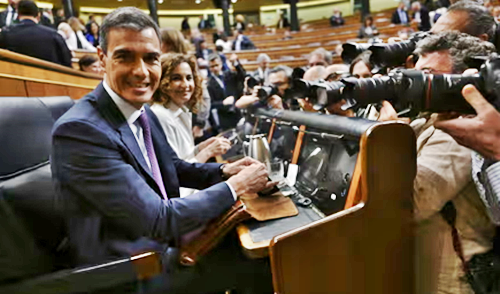
About 1,200 people, mostly civilians, were killed by Hamas on 7 October, with a further 250 taken hostage, and about 35,000 people have been killed in the war in Gaza as a result of the offensive by Israel’s military, according to the Palestinian health ministry.
Sánchez accused Israel’s prime minister, Benjamin Netanyahu, of presiding over massacres, and reiterated demands for a ceasefire.
“Prime Minister Netanyahu is still turning a blind eye and bombing hospitals, schools, homes,” the Spanish leader said. “He is still using hunger, cold and terror to punish more than a million innocent boys and girls – and things have gone so far that prosecutors at the international criminal court have this week sought his arrest for war crimes.”
Sánchez has been one of the most outspoken European leaders when it comes to criticism of Israel’s offensive in Gaza. He has also said repeatedly that a two-state solution remains the only answer to the crisis in the Middle East.
While condemning Hamas’s “shocking acts of terrorism” and acknowledging Israel’s right to defend itself, Sánchez has infuriated the Israeli government by calling the number of dead Palestinians “truly unbearable” and emphasising that Israel’s response cannot include the “deaths of innocent civilians, including thousands of children”.
Harris, flanked by his coalition’s party leaders, said: “I want to know in years to come that Ireland spoke up, spoke out, in favour of peace, in favour of a political settlement that allows children in Palestine, children in Israel, to live safely and in peace and security side by side.”
EU members Ireland, Spain, Slovenia and Malta had indicated in recent weeks that they planned to make a recognition announcement. Since 1988, 139 of 193 UN member states have recognised Palestinian statehood. The Irish government has previously said recognition would complement peace efforts and support a two-state solution.
While the UK and Australia have indicated in recent months that they could soon follow suit, France has ruled out a similar move for the time being. In a statement to Agence France-Presse, the Europe and foreign affairs minister, Stéphane Séjourné, said: “France does not consider that the conditions have been present to date for this decision to have a real impact in this process.”
Explainer
How significant is Spain, Norway and Ireland’s recognition of Palestinian state?
Recognitions point to erosion of US ‘ownership’ of Israel-Palestine peace process and open route towards statehood
What happened on Wednesday morning – and why?
In a carefully choreographed move that followed weeks of discussions, the Norwegian, Spanish and Irish governments have said they intend to recognise the state of Palestine.
Norway, which has played a pivotal role in Middle East diplomacy over the years, hosting Israeli-Palestinian peace talks at the beginning of the 1990s which led to the Oslo accords, said recognition was needed to support moderate voices amid the Gaza war.
“In the midst of a war, with tens of thousands killed and injured, we must keep alive the only alternative that offers a political solution for Israelis and Palestinians alike: two states, living side by side, in peace and security,” said Norway’s prime minister, Jonas Gahr Støre.
Spain’s prime minister, Pedro Sánchez, accused Israel’s prime minister, Benjamin Netanyahu, of carrying out a “massacre” in Gaza and jeopardising the two-state solution. “We have to use all the political resources at our disposal to say, loud and clear, that we’re not going to allow the possibility of the two-state solution to be destroyed by force because it’s the only just and sustainable solution to this terrible conflict.”
The Irish prime minister, Simon Harris, said he expected other countries to join Ireland, Spain and Norway in recognising a Palestinian state in the coming weeks. He said Ireland was unequivocal in fully recognising Israel and its right to exist “securely and in peace with its neighbours”, and he called for all the hostages in Gaza to be immediately returned.
Is there a timetable for the recognition?
Norway, Spain and Ireland have said they will formally recognise Palestine on 28 May.
Is the recognition of a Palestinian state a first for European countries?
Not at all. Sweden became the first EU country to recognise a Palestinian state in October 2014. Speaking at the time, Sweden’s foreign minister said: “It is an important step that confirms the Palestinians’ right to self-determination. We hope that this will show the way for others.”
Meanwhile, around 140 of the 193 UN member states have recognised Palestinian statehood since 1988.
What does it mean for the peace process?
Scores of countries already recognise Palestine as an independent state, but the momentum towards recognition, particularly among European countries, will have important implications.
Perhaps most significant is how the new recognitions point to the erosion of US “ownership” of the Israel-Palestine peace process since the period of Oslo peace talks and agreement.
With the peace process long largely moribund, Palestinian officials have been working assiduously to canvass support in Europe for a process that accelerated in the Trump era as Palestinians were sidelined by the Abraham accords and Trump moved the US embassy to Jerusalem, provoking a deep distrust of the US, which Palestinians feel has not been an honest broker.
Sweden, Norway, Ireland and Spain have long been seen as sympathetic to the Palestinians. The UK has also indicated it could consider recognising Palestine amid a deeper frustration over the long refusal of Israel – not least during the Netanyahu era – to advance towards a two-state solution, even as Israel has continued appropriating Palestinian land for settlement.
As Hugh Lovatt of the European Council on Foreign Relations says, it also opens a meaningful route towards statehood. “Recognition is a tangible step towards a viable political track leading to Palestinian self-determination.
“This is a pre-requisite for securing Arab engagement in support of a sustainable ceasefire in Gaza. As part of their ‘Arab vision’ plan to implement a two-state solution, states such as Saudi Arabia have called for US and European recognition of Palestine.”
Will it have a practical impact for Palestinians?
The momentum towards recognition may be a double-edged sword for Mahmoud Abbas’s unpopular, weak and corrupt Palestinian Authority, which governs in the occupied West Bank, where the ageing Abbas has not held legislative elections since 2006. Abbas himself has no popular mandate.
Any expectations that the latest recognitions will change the miserable conditions on the West Bank, where attacks by Israeli security forces and settlers have escalated, will almost certainly be premature, and more discontent could be directed at Abbas.
However, recognition implies a right to Palestinian self-determination, which could also help reinvigorate a Palestinian civil society that has been suffocated in the Abbas era. Perhaps most important for Palestinians is something less tangible: the acceptance that they have an explicit and fundamental right to self-determination that does not require Israel’s permission, a notion that has underpinned US mediation since Oslo.
What are the implications for Israel?
A cliche in Israel politics for more than a decade – and coined by the former prime minister Ehud Barak – is that Israel risks a diplomatic tsunami because of its policies. In recent weeks that tsunami has begun crashing down on Netanyahu. The recognition falls hard on the heels of Netanyahu and his defence minister, Yoav Gallant, being told that warrants are being sought against them for war crimes by the prosecutor at the international criminal court. Israel is being investigated at South Africa’s behest for alleged genocide at the international court of justice too.
The US, the UK and other countries have begun imposing a regime of sanctions against violent settlers and the far-right groups that support them. Now three important European states have unilaterally decided to recognise Palestinian statehood.
While there remains a profound disconnect in Israeli society over the international distaste for its right/far-right government and the way it has been conducting its campaign in Gaza, Israelis are also aware that their country is increasingly being treated as a pariah and becoming ever more diplomatically isolated. That has, in part, driven the increasing and the suddenly more visible fractures within Netanyahu’s own cabinet, raising serious questions over how long his government can survive.
Editor notes.
All the Jewish survivors from the holocaust came from Europe within the reach of the German forces, probably around 4 mill out of a total of 11 million. These 4 million survivors were placed in a temporary refuge in Palestine by the Allied Forces.
Why Jews, as the minority of the survivors were given such special attention is beyond my comprehenson. The Jews, being an opportunistic race, have since 1945 occupied 80% of Palestine, now performing a manslaughter and property destruction for the rest.
The Jewish descendants, born in Palestine, have no more rights to remain than their parents, bearing in mind that a similar amount of Palestinians have also been born in their rightful country.
The military government of Israel have broken all the human rights in the book, protested by World governments and even by college students defying their horrendous perpetration in Palestine. Palestine belongs to the Palestinians and the Jewish population must be dispersed to other countries. No religion have the right to their own state and country.
